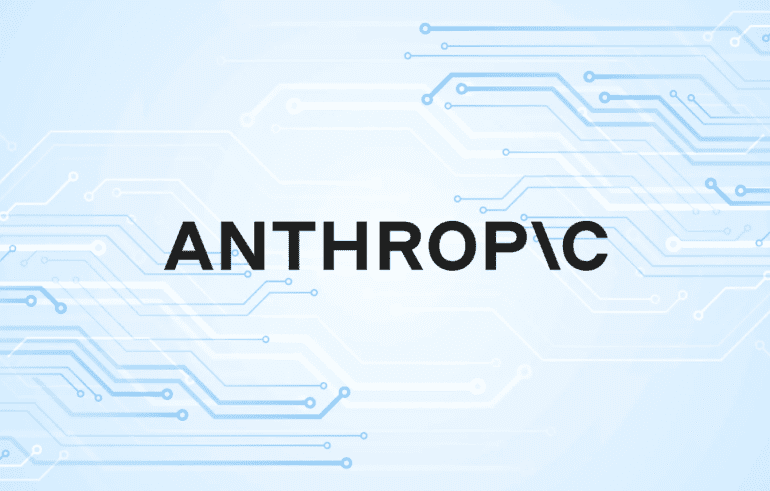- Anthropic PBC introduces new features in its developer console for AI prompt creation and evaluation.
- Developers can now utilize a built-in prompt generator powered by Claude 3.5 Sonnet to generate high-quality AI prompts.
- The console includes test suites for manual or imported test cases to validate prompt performance.
- Users can manage and iterate on test cases, ensuring robust prompt customization and refinement.
- A new side-by-side comparison feature allows users to evaluate prompt variations and performance improvements.
- Subject matter experts can grade AI model responses to enhance response quality on a five-point scale.
- These features are accessible to all users with comprehensive documentation and tutorials provided.
Main AI News:
Anthropic PBC, a leading generative artificial intelligence startup, has unveiled significant enhancements to its developer console. These updates are tailored for developers and technical teams, empowering them to efficiently create and assess AI prompts.
The latest release introduces a built-in prompt generator leveraging Anthropic’s advanced AI model, Claude 3.5 Sonnet. This tool enables users to specify tasks, such as drafting triage documents for inbound customer support requests, and automatically generates high-quality prompts. Each prompt includes customizable input variables crucial for issue management and other operational needs.
In addition to prompt generation, Anthropic has introduced comprehensive test suites. Users can manually input or import test cases, providing diverse data sets for prompt evaluation. This feature allows developers to test how the language model (LLM) responds to various scenarios, enhancing prompt robustness and accuracy.
Managing and iterating on test cases is streamlined, ensuring adaptability to evolving requirements. Users can modify prompts, re-run tests, and compare outputs across different versions to assess performance improvements. This iterative process accelerates model evaluation and prompt refinement, crucial for optimizing AI-driven solutions.
Anthropic’s console now includes a side-by-side comparison feature, facilitating nuanced analysis of prompt modifications. This capability allows teams to gauge how adjustments affect LLM output, ensuring prompt efficacy and relevance.
Furthermore, the company has integrated expert feedback mechanisms, enabling subject matter experts to evaluate AI model responses on a five-point scale. This ensures continuous enhancement of response quality and usability.
These advanced features are now accessible to all users via Anthropic’s developer console, supported by comprehensive documentation and tutorials on their website.
Conclusion:
Anthropic’s expansion of its developer console with advanced AI prompt generation and evaluation capabilities marks a significant advancement in AI development tools. By streamlining prompt creation, testing, and refinement processes, Anthropic enables developers to enhance the robustness and effectiveness of AI-driven applications. This not only accelerates development cycles but also improves the reliability and adaptability of AI solutions in various industries, promising heightened innovation and efficiency in AI development and deployment.

